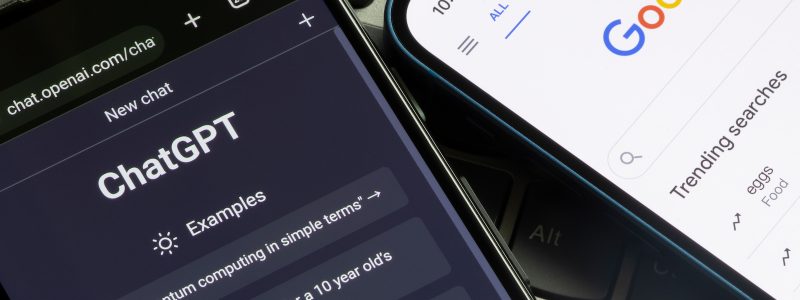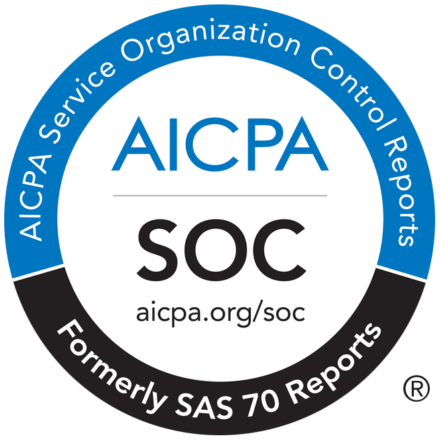There is no doubt that ChatGPT is a hot topic. With 1.6 billion visits in March 2023, it’s no wonder that educators, business owners, and content marketing professionals are concerned about the impact of AI technology on their respective businesses.
Recently, we’ve discussed the prevalence and ethics of AI-generated content in education and looked at the ramifications of AI content generators more broadly. Let’s examine the relationship between Google and AI content (including ChatGPT). This relationship is crucial to those who utilize SEO as a piece of their marketing strategy.
Does Google penalize AI content?
Prior to February 2023, Google’s position was that it would attempt to formally penalize AI content in search results. That changed, however, with a blog post In Google Search Central. In that post, Google explained its position:
“When it comes to automatically generated content, our guidance has been consistent for years. Using automation—including AI—to generate content with the primary purpose of manipulating ranking in search results is a violation of our spam policies.”
They went on to explain their efforts to fight spam more generally. But then, Google seemingly changed gears from their previous no-AI policy:
“This said, it’s important to recognize that not all use of automation, including AI generation, is spam. Automation has long been used to generate helpful content, such as sports scores, weather forecasts, and transcripts. AI has the ability to power new levels of expression and creativity, and to serve as a critical tool to help people create great content for the web.“
While this change was undoubtedly connected to the meteoric popularity of ChatGPT, it is also worth noting that it came only two days after the launch of Google’s own ChatGPT competitor, Bard.
Does AI content rank in Google?
The simple answer from the quotes above is that quality content can rank in Google’s searches, no matter how it’s generated. It’s not so much that Google says AI-generated content is against guidelines; it’s that Google has made it very clear that ChatGPT content may not meet its ranking standards to do particularly well.
As discussed, ChatGPT, like all AI-written content, has some substantial limitations. These include:
- The technology does not allow for nuanced thinking in many cases.
- It often features poorly constructed phrases or inarticulate thoughts.
- It is often factually inaccurate and can include outdated data.
These can cause ranking problems all by themselves, as Google’s algorithm prioritizes copy that provides:
- Experience
- Expertise
- Authoritativeness
- Trustworthiness
Clearly, content created by ChatGPT does not always meet those criteria.
As such, it is vital that businesses maintain insight into all AI-Generated content and stay informed of how it is being utilized throughout the organization to ensure quality control and avoid the distribution of inaccurate information, biases, or poorly constructed content.


